Boris Johnson and the irresistible rise of “cakeism”
But will dabblers in it meet with a sticky end? Emily Hohler reports.

Get the latest financial news, insights and expert analysis from our award-winning MoneyWeek team, to help you understand what really matters when it comes to your finances.
You are now subscribed
Your newsletter sign-up was successful
Want to add more newsletters?

Twice daily
MoneyWeek
Get the latest financial news, insights and expert analysis from our award-winning MoneyWeek team, to help you understand what really matters when it comes to your finances.

Four times a week
Look After My Bills
Sign up to our free money-saving newsletter, filled with the latest news and expert advice to help you find the best tips and deals for managing your bills. Start saving today!

"If Boris Johnson's name is ever linked to a political idea, it is likely to be cakeism' the notion that it is possible to govern without making hard choices," says Gideon Rachman in the Financial Times. Johnson's remark about being pro having cake and "pro eating it too" defines his approach to Brexit.
Its feasibility will be tested when, "as seems inevitable", he becomes prime minister after winning the Conservative Party leadership election. His "cakeist campaign" insists he can secure a better Brexit deal within months, and that even if he can't, a no-deal Brexit would be "vanishingly inexpensive if you prepare",a view vigorously contested by experts.
The pound slumped following a hustings on Monday night, at which both Johnson and his rival, Jeremy Hunt, ruled out any compromise on the issue of the Irish backstop, including a time limitor unilateral exit clause, increasingthe likelihood of a no-deal Brexit on31 October, say George Parker,
MoneyWeek
Subscribe to MoneyWeek today and get your first six magazine issues absolutely FREE

Sign up to Money Morning
Don't miss the latest investment and personal finances news, market analysis, plus money-saving tips with our free twice-daily newsletter
Don't miss the latest investment and personal finances news, market analysis, plus money-saving tips with our free twice-daily newsletter
Jim Brunsden and Arthur Beesley, also in the FT. The "central flaw" of Johnson's plan is that Brussels has already said that it will not countenance a deal that does not include the Irish backstop.
A risky strategy
On the other hand, there are plenty of Tory MPs who are vehemently opposed to a no-deal Brexit, says Jessica Elgot in The Guardian, and some may be prepared to vote against their government, even if it means losing the whip, being deselected and bringing down their own administration. Johnson's working majority in the Commons is also likely to be reduced to three if the Liberal Democrats win the Brecon and Radnorshire by-election on 1 August.
It is still "theoretically possible" to avoid a no-deal Brexit on 31 October, says The Times, but even Dominic Grieve, the former attorney general who is "leading backbench efforts to block no deal", has conceded that Parliament is running out of legislative options. A vote of no confidence may be the only answer, but time is running short. The last date for Parliament to trigger a new election before 31 October is 3 September. The only way that even a vote of no confidence could stop a no-deal Brexit beyond this date would be for Parliament to "coalesce behind a cross-party national government under a different prime minister".
Given the "deep divisions" between, and within, the Tory and Labour parties, this seems unlikely. A general election may happen even in the event of no deal. With Johnson in power and Brexit delivered, Nigel Farage's Brexit Party would be neutered, the Lib Dems no longer able to campaign for Remain, and the opposition party would be "engulfed" in civil war over Jeremy Corbyn. Johnson may fancy his chances. "The country should brace itself."
As for a no-deal Brexit, if it does happen, Johnson's hopes that it will awaken the "Blitz spirit" and unite the country may well prove misguided, says Parker. If it is forced through Parliament, half the country will see Johnson, not the EU, as the "villain". Angry demonstrations are likely to follow, and Johnson could end up as a "British version of Marie Antoinette a French queen, infamous for an ill-advised remark about cake, who met a sticky end".
Get the latest financial news, insights and expert analysis from our award-winning MoneyWeek team, to help you understand what really matters when it comes to your finances.

Emily has worked as a journalist for more than thirty years and was formerly Assistant Editor of MoneyWeek, which she helped launch in 2000. Prior to this, she was Deputy Features Editor of The Times and a Commissioning Editor for The Independent on Sunday and The Daily Telegraph. She has written for most of the national newspapers including The Times, the Daily and Sunday Telegraph, The Evening Standard and The Daily Mail, She interviewed celebrities weekly for The Sunday Telegraph and wrote a regular column for The Evening Standard. As Political Editor of MoneyWeek, Emily has covered subjects from Brexit to the Gaza war.
Aside from her writing, Emily trained as Nutritional Therapist following her son's diagnosis with Type 1 diabetes in 2011 and now works as a practitioner for Nature Doc, offering one-to-one consultations and running workshops in Oxfordshire.
-
 Should you buy an active ETF?
Should you buy an active ETF?ETFs are often mischaracterised as passive products, but they can be a convenient way to add active management to your portfolio
-
 Power up your pension before 5 April – easy ways to save before the tax year end
Power up your pension before 5 April – easy ways to save before the tax year endWith the end of the tax year looming, pension savers currently have a window to review and maximise what’s going into their retirement funds – we look at how
-
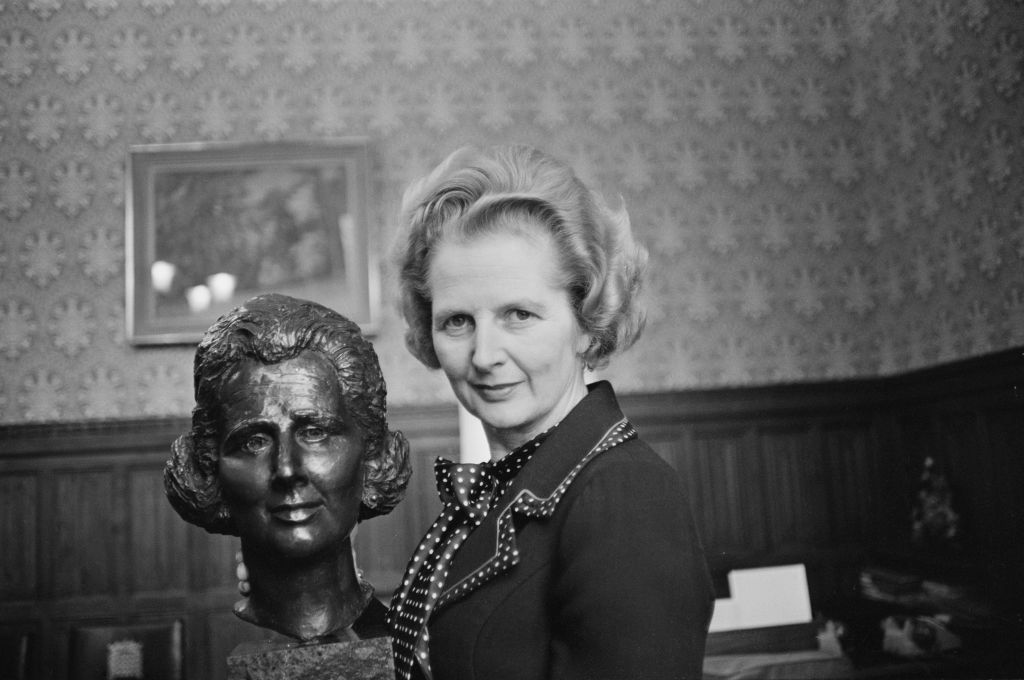 Was Margaret Thatcher great for Britain?
Was Margaret Thatcher great for Britain?The 'Iron Lady’ would be celebrating her 100th birthday this month. Margaret Thatcher rose to power in 1979 as the first ever female prime minister and was one of the most controversial leaders in history, but how did her policies shape today’s finances?
-
 It’s been 16 years, but the UK economy finally has a chance
It’s been 16 years, but the UK economy finally has a chanceOpinion The UK economy has been dealing with one crisis after another since 2007. Policymakers now have a chance to fix some of the underlying problems holding back growth.
-
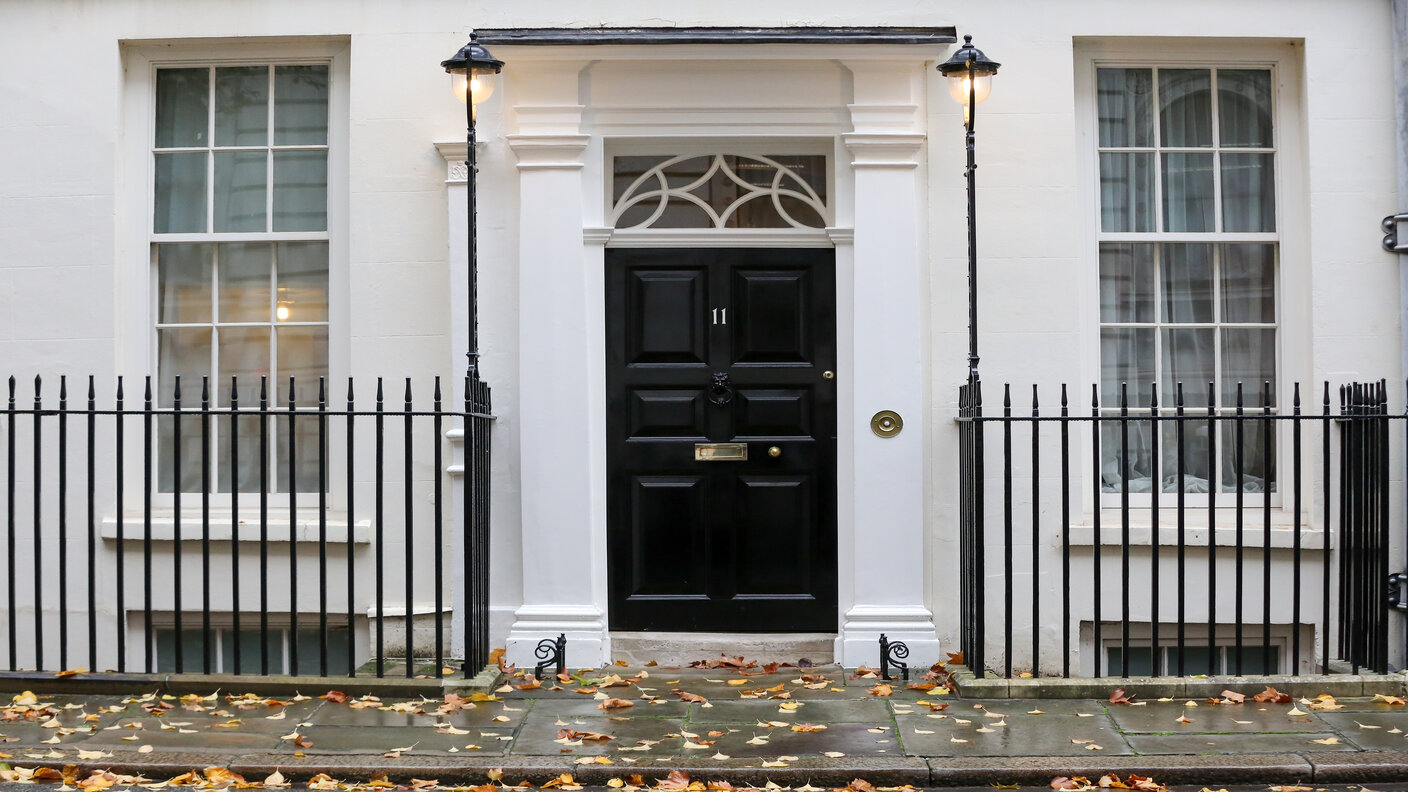 What is the Budget and when is it announced?
What is the Budget and when is it announced?Analysis This year’s Spring Budget will take place on Wednesday, 6 March. But what is a government Budget, and what time will it be announced?
-
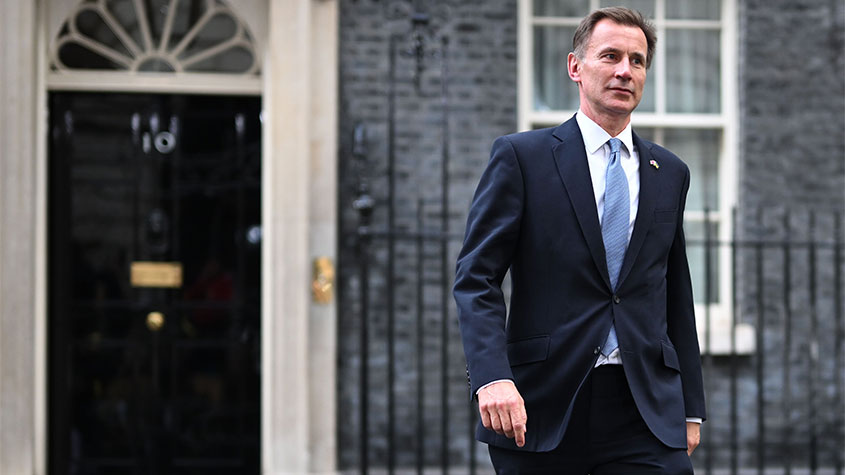 What could be in the Autumn Statement?
What could be in the Autumn Statement?News Jeremy Hunt will reveal his first Autumn Statement as chancellor on Thursday, 17 November. From pensions and inheritance tax to income tax and capital gains tax, we look at what could be announced, and the potential impact on your finances.
-
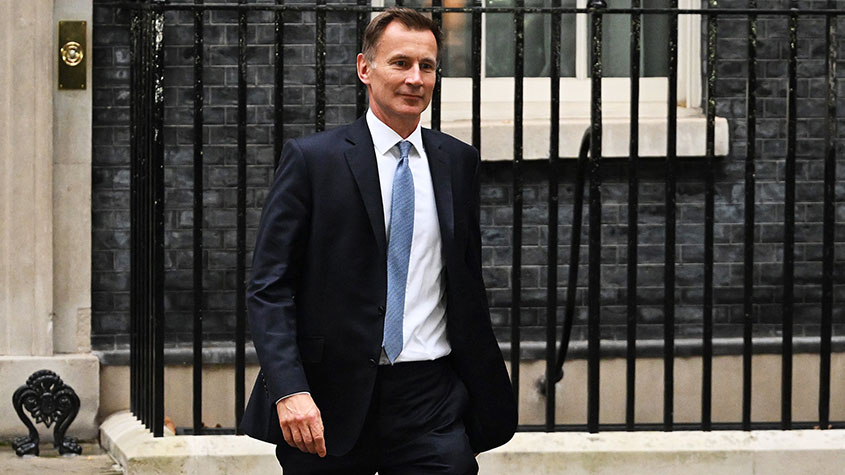 What could be in the chancellor’s statement on 31 October?
What could be in the chancellor’s statement on 31 October?Analysis After dismantling most of the mini-Budget in a series of U-turns, Jeremy Hunt will reveal the rest of his “medium-term fiscal plan” on Halloween. We look at what changes could be announced, and the potential impact on your personal finances
-
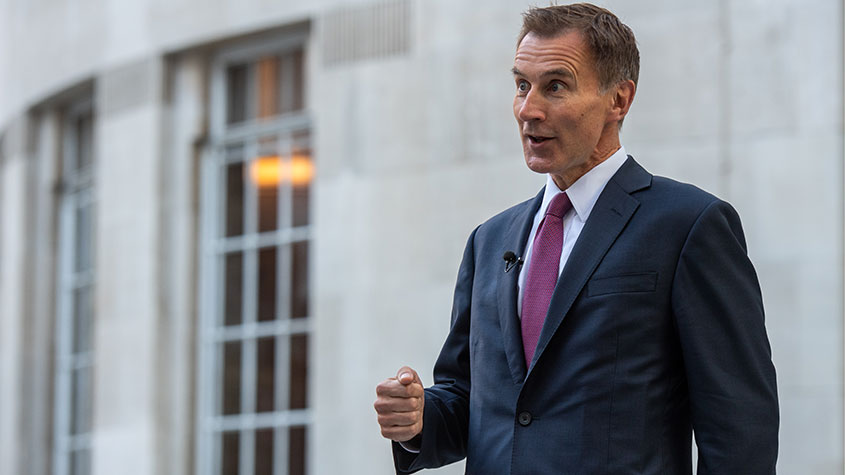 Hunt tears up Kwasi Kwarteng’s mini-Budget
Hunt tears up Kwasi Kwarteng’s mini-BudgetNews The new chancellor, Jeremy Hunt, has torn up Liz Truss’s flagship mini-Budget policies. Here’s everything you need to know.
-
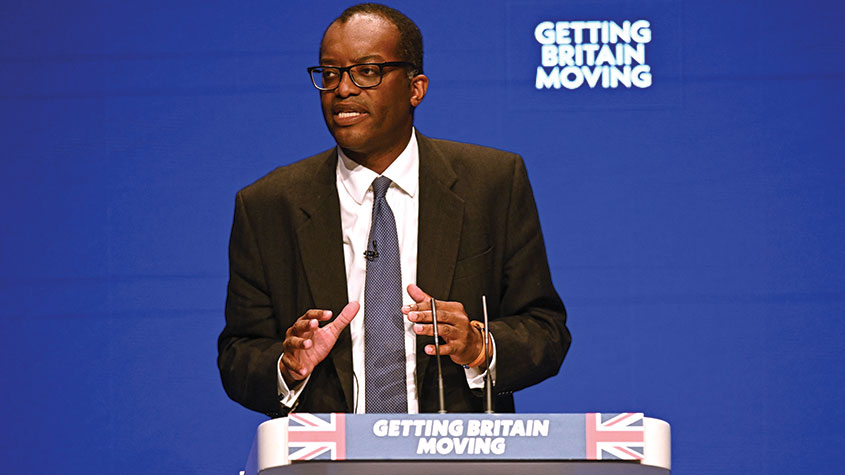 The “plan for growth”: what Truss and Kwarteng got right
The “plan for growth”: what Truss and Kwarteng got rightOpinion The Tories’ “plan for growth” has got off to a bad start, but their reforms can still transform Britain
-
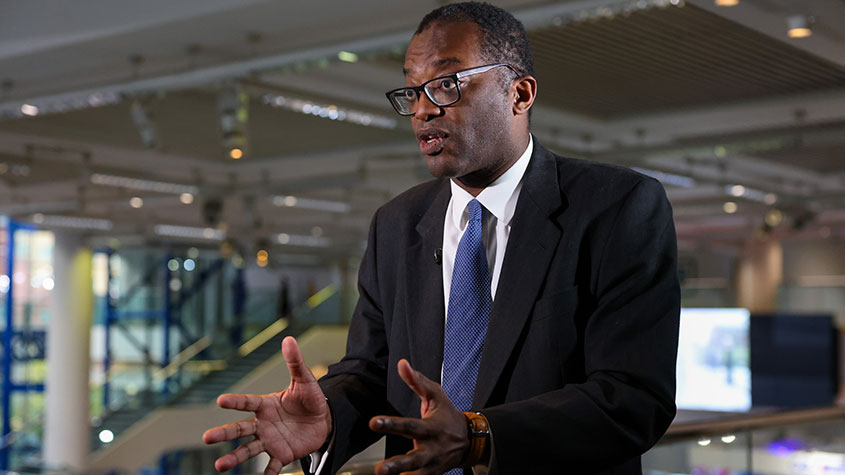 Kwasi Kwarteng U-turns on top tax rate decision
Kwasi Kwarteng U-turns on top tax rate decisionNews Kwasi Kwarteng has U-turned on his top tax rate reduction announced in his mini-Budget at the end of September.